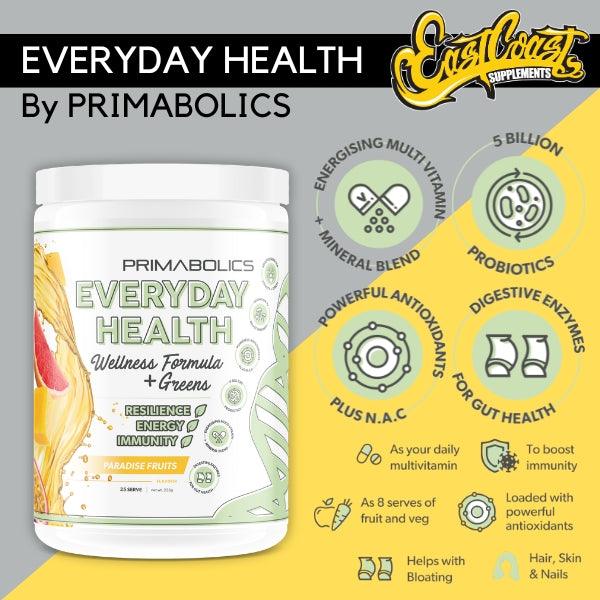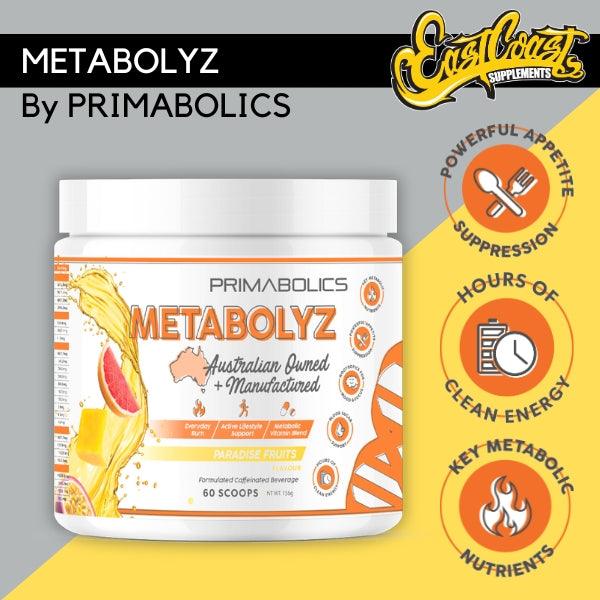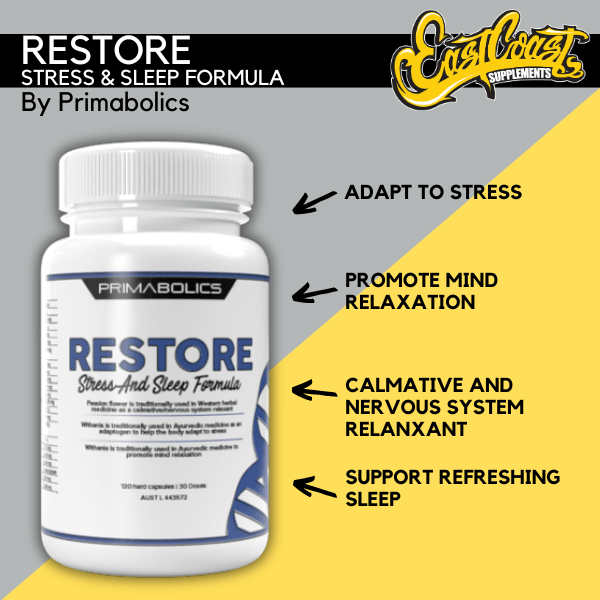Testosterone, a steroid hormone primarily produced in the testicles and ovaries, plays a pivotal role in various aspects of health. During puberty, it drives significant physical changes like muscle growth, voice deepening, and hair development. In adulthood, maintaining optimal testosterone levels is crucial for overall health, disease risk mitigation, and sexual function. It's also essential for muscle mass and strength enhancement. Interestingly, testosterone is not just a male hormone; it's vital for female health and sexual well-being too.
Why Testosterone Levels Decline
Testosterone levels naturally peak around the age of 19 and start to decline by an average of 1%-2% annually after age 30. This decline can be attributed to various factors, including aging, obesity, increased disease risk, and certain lifestyle choices. It's worth noting that while testosterone levels naturally decrease with age, they might stabilize in the 40s or even later.
Natural Ways to Boost Testosterone
-
Exercise: Engaging in physical activities, especially weightlifting and high-intensity interval training (HIIT), can significantly boost testosterone levels. Resistance training has been shown to have immediate effects on testosterone levels.
-
Dietary Choices: Consuming a balanced diet rich in protein, healthy fats, and carbs can optimize testosterone levels. Diets that are either too restrictive or excessive can disrupt these levels. It's also beneficial to include zinc and vitamin D, as deficiencies in these can lead to decreased testosterone levels.
-
Manage Stress: Chronic stress can elevate cortisol levels, which can, in turn, reduce testosterone. It's essential to find ways to manage stress effectively, be it through exercise, meditation, or other relaxation techniques.
-
Sleep: Quality sleep is crucial for maintaining healthy testosterone levels. Aim for at least 7 hours of sleep each night, as even a slight reduction can lead to decreased testosterone.
-
Limit Alcohol and Drugs: Excessive alcohol consumption can lower testosterone levels. It's advisable to moderate alcohol intake to maintain optimal testosterone levels.
-
Reduce Exposure to Endocrine Disruptors: Chemicals like BPA and parabens, commonly found in some plastics, can affect testosterone levels. Minimizing daily exposure to these chemicals can be beneficial.
-
Maintain a Healthy Sex Life: Regular sexual activity can help regulate testosterone levels, ensuring they remain at a healthy balance.




